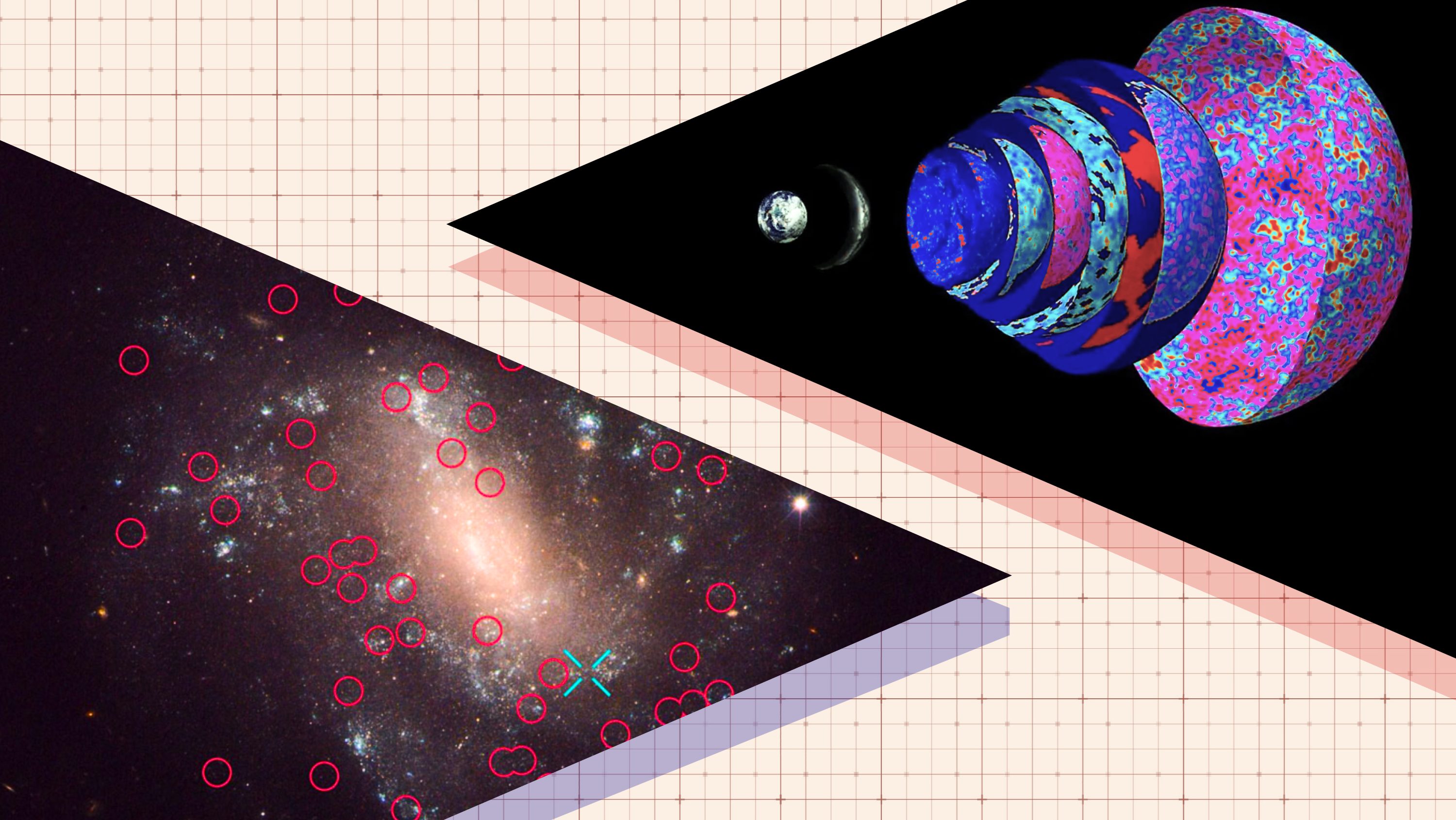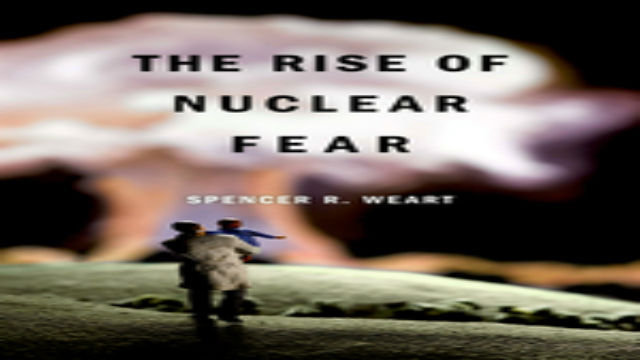Why smart people aren’t better at transcending their biased views

Jonah Lehrer’s post at The New Yorker details some worrying research on cognition and thinking through biases, indicating that “intelligence seems to make [such] things worse.” This is because, as Richard West and colleagues concluded in their study, “people who were aware of their own biases were not better able to overcome them.”
Being smarter does not make you better at transcending unjustified views and bad beliefs, all of which naturally then play into your life. Smarter people are better able to narrate themselves, internally, out of inconsistencies, blunders and obvious failures at rationality, whereas they would probably be highly critical of others who demonstrated similar blunders.
I am reminded of Michael Shermer’s view, when he’s asked why smart people believe weird things, like creationism, ghosts and (as with Sir Arthur Conan Doyle) fairies: “Smart people are very good at rationalizing things they came to believe for non-smart reasons.” If you’ve ever argued with a smart person about an obviously flawed belief, like ghosts or astrology, you’ll recognise this: their justifications often involve obfuscation, deep conjecture into areas you probably haven’t considered (and that probably aren’t) relevant, and are all tied together neatly and eloquently because she’s a smart person.
It is troubling that smarter people are often worse off, because they cannot recognise the biases and blunders, due to a deep, complex layer of justification they’ve narrated to themselves. It’s troubling because we expect smart people to be the ones devoid of biases more than others. However, expectation as usual takes a backseat to evidence. Perhaps all we should expect of intelligence, however you conceive it, is a way of thinking, not the content of thought. This means, even if the belief is quite absurd, the methods to get to it can be smart (sophisticated theology is like this to me). But that’s just one way and assuming one kind of definition of intelligence, which is notoriously difficult to study, let alone quantify.
However, this confirms something more practical to me. As Lehrer says, we’re good at picking out the flaws in others. If this is true, this confirms my earlier view that we shouldn’t want a world in which agreement is everywhere. We must welcome criticism and argument, since, no matter how smart we are (indeed, as this indicates, especially considering how smart we might be), we could be wrong. We are, fundamentally, flawed and fallible.
Smart people will usually be able to brush off criticism since they are convinced they are right and, due to their thinking abilities, can probably out-argue most criticism even if the criticism is right. Smart people will especially be difficult to counter if the criticism is made with capital letters, bad spelling, worse grammar and comparisons to Hitler, psychopaths and terrorists. This is a further reason why online trolling doesn’t help and can make things worse: it’s already difficult trying to convince a smart person that he’s wrong, reasonably and with evidence, but it only makes him more convinced of his views if he sees opposition as mostly wrathful Neanderthals banging their knuckles on a keyboard.
The irony of course is that if smart people are good at picking out flaws in others, but terrible at recognising their own even when it’s pointed out to them, the entire project seems pointless! I’m not sure that it is (I wouldn’t be writing if I didn’t have good reason to think otherwise). Smart people at some point will be stumped, since, if you have the advantage of being smart and right, with irrefutable evidence, you can do a lot of damage to their layer of internal confirmation stories (which tells of how an individual is right despite inconsistencies).
We forget that learning something new usually means unlearning biases we are probably all born with: thus, (1) if we are smart and (2) haven’t been challenged at vulnerable times, say when we’re younger, on certain entrenched views that many have, then when counter-arguments are presented, the bad beliefs are so tightly knitted due to our being smart that we can’t simply weave a new thread. The previous one, with all its knots and bows, must itself be carefully undone.
This is, as Lehrer pointed out in a previous post, why many people don’t believe in science, especially as per the Gallup polls findings on creationism and evolution: 46% believed in creationism in 1982 and 44% think the same in Gallup’s latest poll. Science is, to use Lewis Wolpert’s phrase, “unnatural”: common sense “will never give an understanding about the nature of science. Scientific ideas are, with rare exceptions, counter-intuitive… secondly, doing science requires a conscious awareness of the pitfalls of natural thinking… lay theories are highly unreliable.” Not only is a scientific view on subjects, like “Where did we come from?”, counter-intuitive, even when presented with evidence to support it, people must overcome their previous, deeply entrenched views. If these views are entrenched furthermore with the abilities of a smart person, no wonder then that it makes the job even more, rather than less, difficult.
This, again, though, should not make us apathetic in trying to still convince people, even smart ones. Smart doesn’t make you right: it just makes you, in many instances, better at thinking that you are.
Image Credit: olly/Shutterstock





